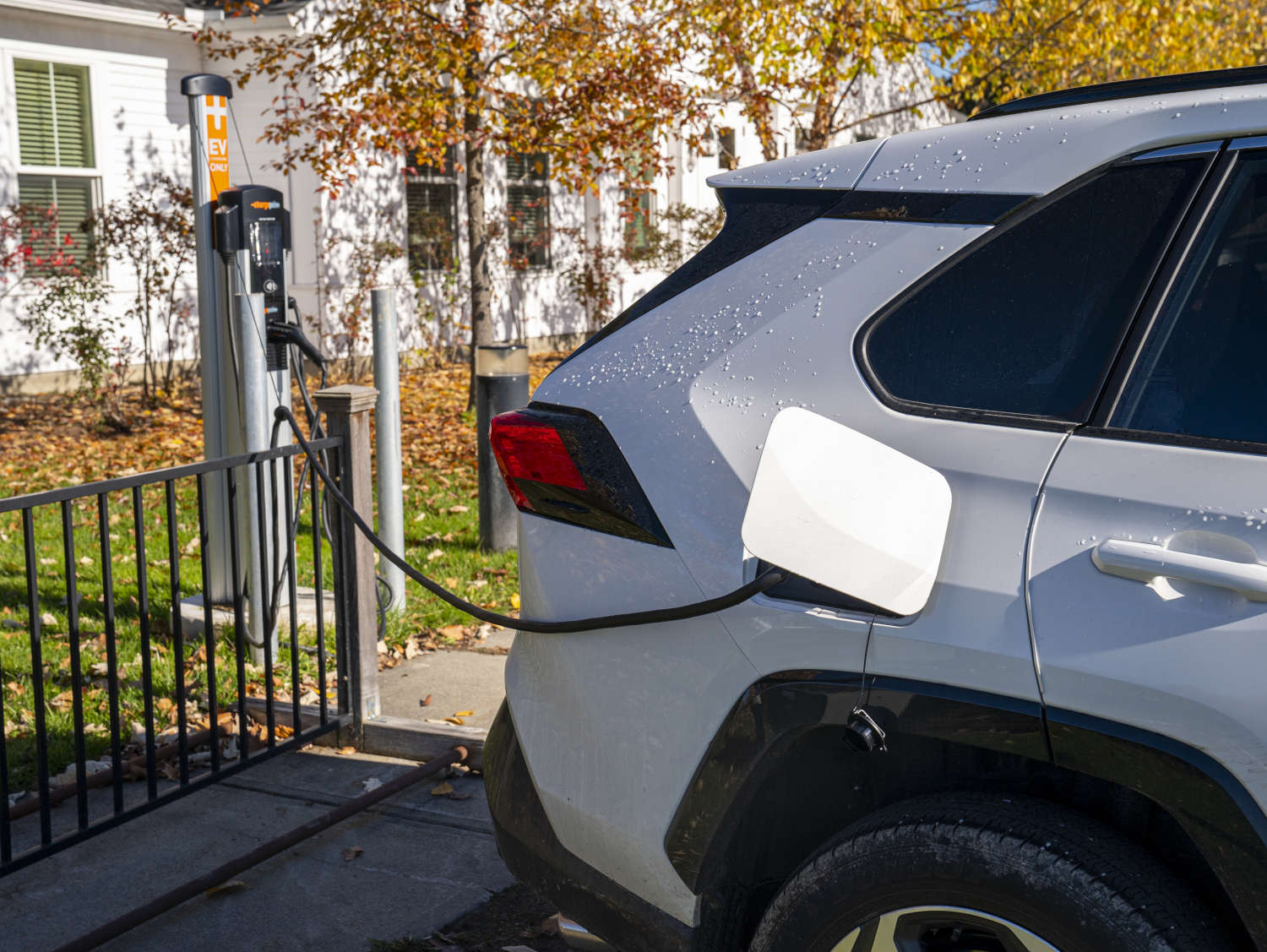Have you heard about EVs adding enhanced engine noises or sounds for added ambiance? That’s right, fake engine noise for electric vehicles since the motors are quiet. Before you judge too harshly, most electric cars, trucks, and sport utility vehicles have some sort of manufactured sound pumping through the speakers. BMW, Kia, and Tesla are some of the guilty parties utilizing electric vehicle engine noise to add to the experience.
Which cars use fake engine noise?
Kelley Blue Book says that fake engine noise in electric cars is sometimes called enhanced engine noise. This is when a pre-recorded engine noise plays through internal and external speakers. It uses powertrain data to simulate the engine noise and then pushes it through the speakers. This started as a feature for gasoline-powered cars but is now being used by electric vehicles for added effect.
Some examples of gasoline cars that use fake engine noises are the Ford Mustang, Acura TLX, and the BMW M5. For electric vehicles, the Tesla Model 3 and Porsche Taycan use fake engine sounds when under acceleration.
Not all electric cars use such technology, but some drivers complained the cabin of an EV was too quiet. Added engine sounds and noises were one way to combat the issue.
Why do electric cars use fake engine noises?
Since electric vehicles are so fast, some drivers weren’t quite aware of the rapid acceleration due to how quiet it was. The artificial noise is a good way to remind drivers what regular vehicle acceleration sounds like. While it sounds silly, it makes sense. Except, fake engine noise was one of BMWs most hated features at one point.
Most driving enthusiasts agree that being behind the wheel involves many senses. For many, part of the fun of going fast is the thrill of hearing an engine roar. An EVs synthetic engine noise gives drivers some — OK, a tiny bit — of the auditory sensation found in a roaring V8.
Kelley Blue Book
It doesn’t stop there, though. Kia and Hyundai have been tossing the idea of adding engine vibrations to add more authenticity. These would work with the fake electric vehicle engine noise to simulate the feeling of driving a gasoline-powered car. Think along the lines of playing a racing game in the arcade, and you drive on the grass. Vibrations and noises guide you back onto the track (most of the time).
Do all EVs use fake sounds?

Electric vehicles and plug-in hybrid vehicles have motors that make noises. These vehicles also hum, whir, beep, or chime to indicate something. EVs play sounds to alert you when a car is in the blind spot or if something appears behind the bumper.
Some vehicles like the Dodge Charger and Challenger are making the switch to electric in the next few years. Fake engine noises and sounds might make the transition to electric easier for some enthusiasts. Others might reject the idea altogether.
There are ways to disable the fake noise, but the dealership or owner’s manual might have more information. Either way, fake engine noises will become more common as drivers purchase more electric cars.












